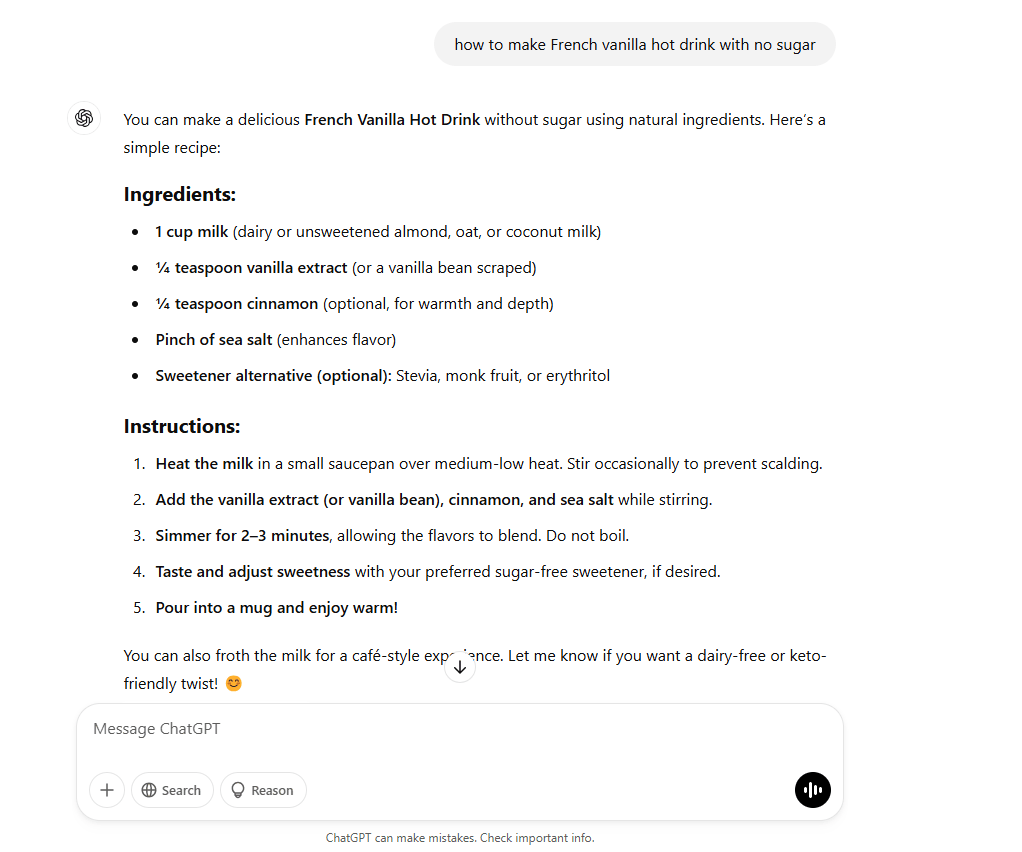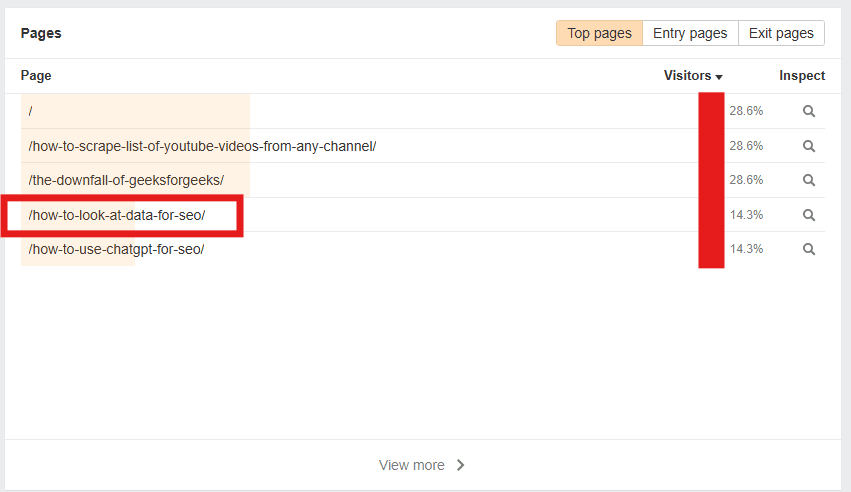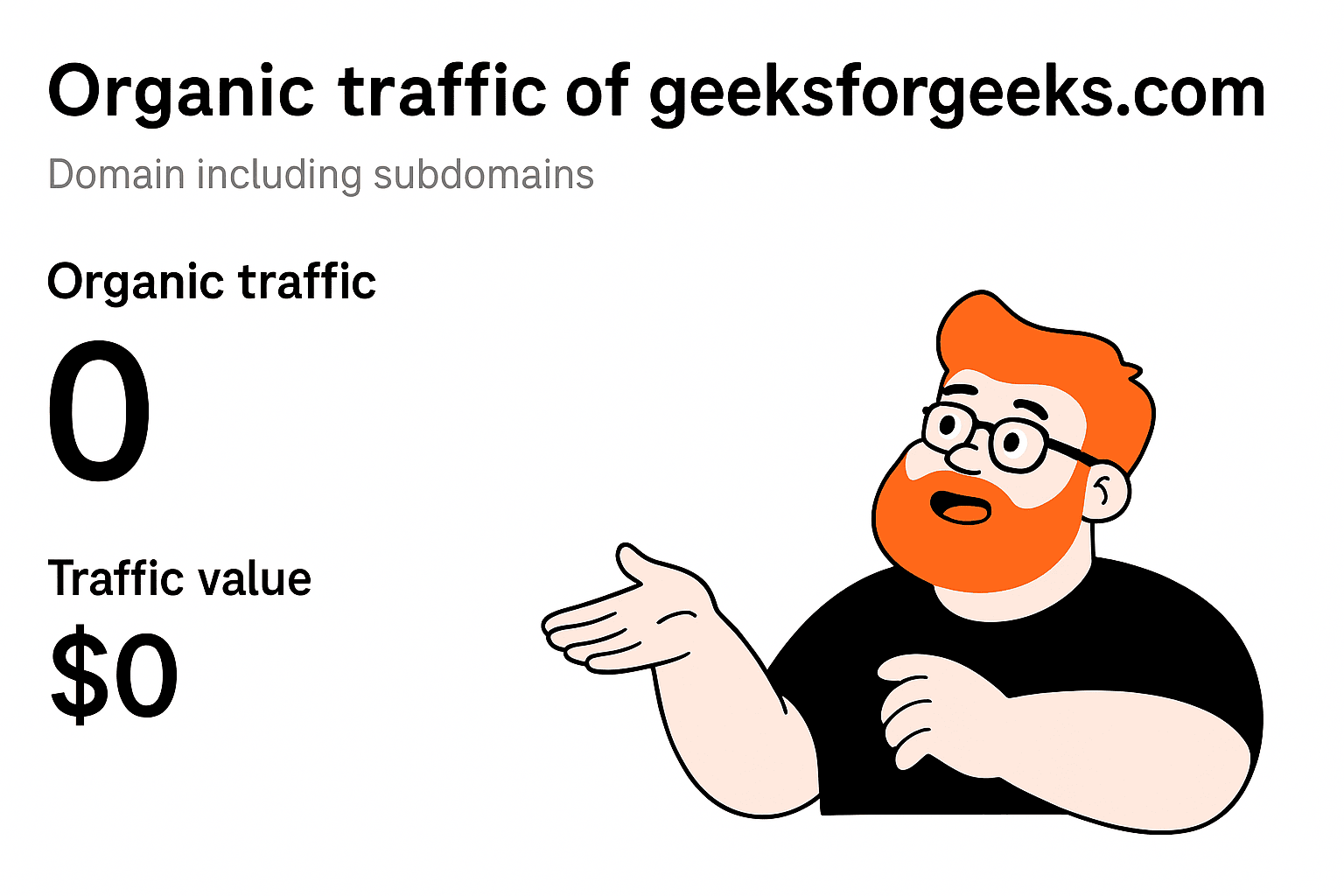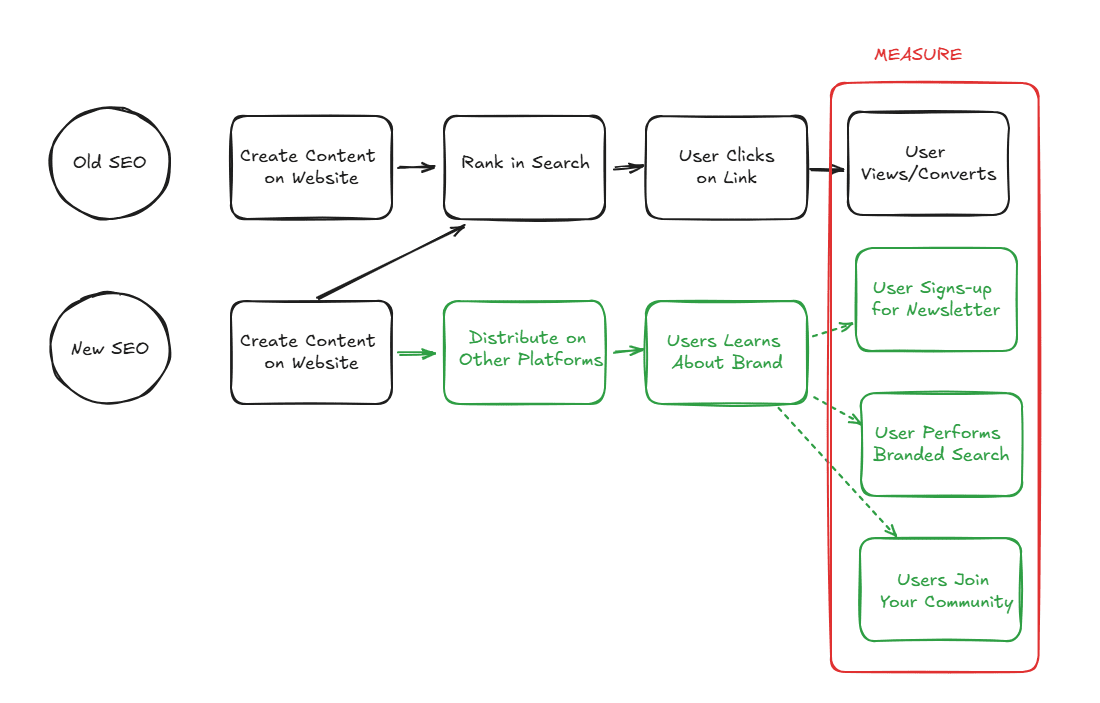Blogging for AI: Creating Content for LLMs and Modern Search

What was once considered helpful content by Google has changed.
Take "Retro Dodo" for example, a website that was doing very good with all unique helpful first-hand experience [add whatever positive adjective here] content. In May 2023, the website hit 1 Million organic results - cool stuff right? Not for long, in September 2023, the website got hit by the helpful content update and lost approximately 85% of it's traffic. What happened? Did the helpful content measures change in Google over night?
Actually, no, nothing has changed! According to Danny Sullivan, who told the site owner, "Keep doing what you're doing. Your site is great. I don’t see anything wrong with it."
So if the measure of content helpfulness didn't change, what did?
Google CEO Sundar Pichai said: "Search itself will continue to change profoundly in [2025]. I think we are going to be able to tackle more complex questions than ever before. I think you’ll be surprised even early in [2025] the kind of newer things search can do compared to where it is today."
Let's connect the dots: the first dot
Things are clearly changing, we can see how, but we don't know why and therefore we don't know what to do about it. So yesterday, as I was brainstorming ideas for this newsletter it hit me!
Watch this 5 minute video to see how my search for sugar free vanilla recipe unlocked some random thoughts about search, chatgpt, and why reddit is EVERYWHERE in SERPs.
Here's a summary by NoteBookLM, enhanced by chatgpt:
I tested how both Google and ChatGPT handle a specific query: How to make French vanilla hot drink with no sugar?

💡 Key Takeaways:
- Google’s results included unrelated recipes and general coffee-making tips, while ChatGPT understood "French Vanilla" and provided a tailored recipe.
- I asked ChatGPT follow-up questions about reducing milk, replicating the Tim Hortons flavor, and using powdered milk. It gave direct answers with pros and cons, while Google mostly provided an informational rich snippet without clear takeaways despite this being a boolean query (requires yes/no answer)
- Google’s increased reliance on Reddit posts suggests that people want more specific, real-world insights rather than just keyword-optimized content.
The second dot
- Google has a statistic they’ve long promoted: “15% of searches we see every day are new.”
- 91.8% of all search queries are long tail keywords. However, long tails are responsible for a relatively small percentage of total search volume (3.3%). [Backlinko]
- the median search volume for a keyword is only 10 searches per month. Which shows that low-volume long tail keywords are extremely prevalent in Google search. [Backlinko]
- What Google describes as long-tail advertisers make up half their revenue [Embryo]
The final dot
To cut to the chase, do you see what I see?

As a matter of fact, Reddit offers users what we SEOs cannot, an answer to very specific questions/topics because people on reddit don't think about search volume before posting, while we in SEO do - yikes!
Conclusion
Back to our original topic which is "how to create content for LLMs and modern search?"
Blogging today requires a different mindset. Instead of just writing, think of it as having a conversation about the topic—go deep and get specific. There’s no way around this anymore. Targeting low-search-volume keywords with conversational-style content is the key.
And by “conversational,” we don’t just mean a casual, friendly tone. It’s about structuring your content like a real discussion—anticipating questions, addressing related points, and covering the topic naturally as if guiding the reader through it.
Have you ever had a conversation with a subject matter expert and walked away feeling enlightened? Where all your little questions and clarifications were naturally answered along the way?
That’s the new blogging.
It's hard for me to describe it, because I'm not clear 100% on how that looks like yet. I'm trying to imagine something that I have not seen yet! In the mean time, what we know is that, the new blogging for LLMs and search is:
- specific
- conversational
- covers complex situations
- long tail low search volume!
Disclaimer: LLMs were used to help me word some of the sentences in this blog.
The SEO Riddler Newsletter
Join the newsletter to receive the latest updates in your inbox.



